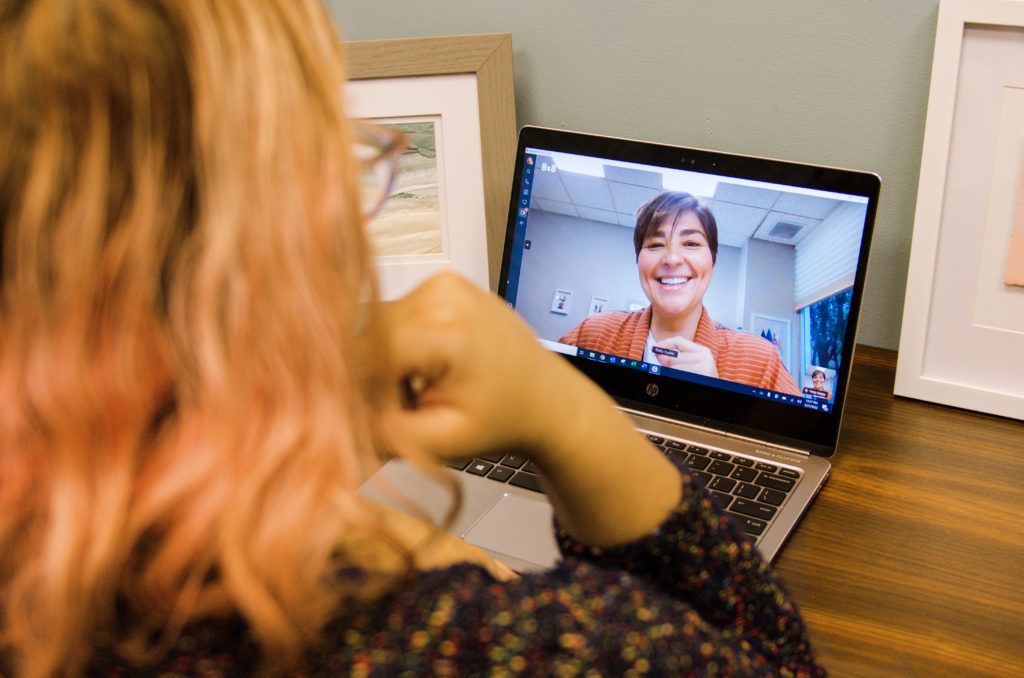Now that patients, health care workers and policymakers can widen the lens on telehealth’s impact beyond an emergency response, the benefits are innumerable. The latest equity and telehealth news round-up covers the new national suicide hotline, federal funding for expanded telehealth access, telehealth easing the burden of high gas prices and reducing antibiotic use in nurseries, and a report from the White House on telehealth for individuals with substance abuse disorders.
Virtual care for substance use disorder
Last month, the White House Office of National Drug Control Policy released a report that describes the dilemma many individuals with substance abuse disorders faced as they lost access to in-person care after the onset of COVID-19. The report outlines how many care providers shifted to virtual visits, covers benefits and limitations gathered from research and analysis, and offers recommendations moving forward for policymakers and advocates to consider. Read a few key takeaways in our recent blog post or check out the full report here.
New suicide hotline
988 is the new three-digit number for the National Suicide Prevention Hotline that anyone can call to get support in times of crisis. While 988 is a national initiative, Virginia took it a step further by adopting a new system, the Crisis Now Model, that will provide individuals with additional resources and lessen the burden on law enforcement agencies and emergency rooms that don’t specialize in treating mental health crises. Learn more about the new suicide hotline and Virginia’s Crisis Now Model.
UVA Health System utilizes federal funds to improve statewide access to telehealth
With funding support from a range of federal agencies, the telemedicine program at the University of Virginia Health System has worked with more than 150 community hospitals and other health care organizations to bring specialty care to underserved patients. At the onset of the pandemic, the UVA Health System pivoted as an academic health center to expand telehealth technologies across the state.
Learn more about how the UVA Health System helped make telehealth policy changes permanent.
Easing the burden of rising gas prices
Rising gas prices have been hard to ignore, and are hurting many Americans, especially those with the lowest incomes in rural areas. According to the National Library of Medicine, nearly 30 million Americans do not live within an hour of a major health care center. Telehealth is a cost effective and efficient way for doctors to reach rural patients, but as many states see these emergency provisions expire, the rising cost of transportation could make it difficult for patients in rural regions to access care.
Read more about how interstate telehealth could connect patients with care as gas prices remain high.
Reducing antibiotic use among newborns
Researchers found that telehealth consultations with a pediatric infectious disease specialist at The University of Texas Health Science Center at San Antonio reduced the number of newborns receiving antibiotics by 32%. Decreasing antibiotic usage in infants is important due to the unwanted side effects such as killing healthy bacteria babies need to ward off various problems. Read more about how telehealth can help lower antibiotic use among infants.
As emergency provisions continue to expire across the country, it’s important to keep the vulnerable populations who benefit from virtual care in mind and advocate for permanent telehealth policies.
VTN is working in partnership with Virginia’s Free and Charitable Clinics, providers and other stakeholders to launch the Virginia Telemental Health Initiative, a pilot program that aims to expand access to behavioral and mental health care across the Commonwealth. Click here to learn more about the pilot and how you can get involved.

